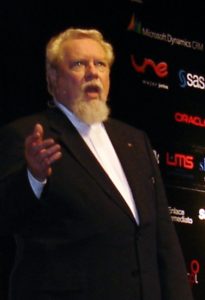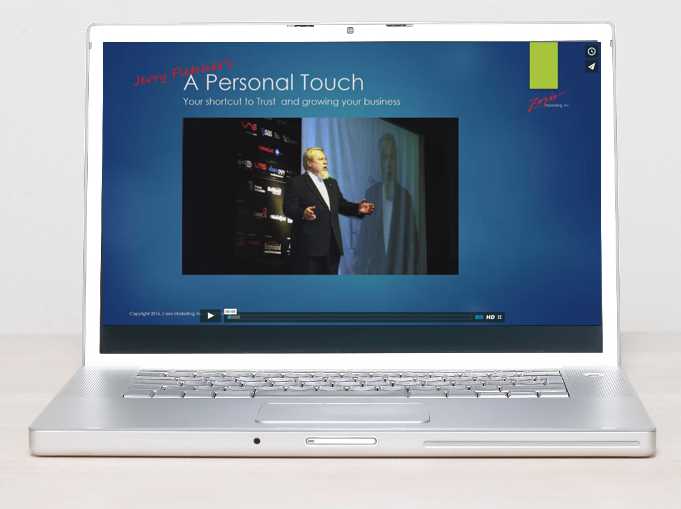 All the e-mail said was, “Being successful developing and commercializing technologies and start-ups is a given or I wouldn’t have contacted you. I appreciate your offer but I don’t do business with people or groups that don’t have skin in the game.”
All the e-mail said was, “Being successful developing and commercializing technologies and start-ups is a given or I wouldn’t have contacted you. I appreciate your offer but I don’t do business with people or groups that don’t have skin in the game.”
Skin in the Game according to Investopedia
A term coined by renowned investor Warren Buffett referring to a situation in which high-ranking insiders use their own money to buy stock in the company they are running.
Your Brand is at stake every time.
Every consultant puts skin in the game every time they accept an engagement. If their recommendations fail they will lose Trust with that client and with every one that client tells. The skin they have in the game each time is the lifetime value of their brand. That value is always greater than being allowed to invest in the startup without having legal control.
Value, like Brand, is perceived.
Your value to clients depends on their situation, how much information you can elicit to make a proposal and how strongly you believe in yourself.
Here’s the suggestion that was rejected:
“I’m not a stranger to new products. I stopped counting successful introductions at 207 and that was years ago. I’m willing to invest an hour on Skype to determine how viable I think the product is. But, full disclosure, I’m too busy on paid retainers to take on any additional work without getting paid for it. If I believe your product has the positive value that Digimarc had (I named the company) I will give you the same deal I gave them, a monthly retainer plus a stock bonus. Call or e-mail if you want to take the next step.”
Skin in the game is a two-way street.
In my experience, the proposition is always essentially the same: Give the start-up the benefit of your time, knowledge and wisdom for a percentage of the company in the future. In other words, we want all your value for as long as it takes but we don’t want to pay for it and, oh yes, you’ll have no say in how the company operates.
Does that sound fair and balanced to you?
Without candor there is no trust
In a conversation with any entrepreneur or start-up if they do not believe in their offering it will show. If they are not cognizant of a marketing problem I may be able to help merely by pointing it out. Should they have been short-sighted about how the company will be run as it moves into the future I may be able to suggest both interim and long term solutions. My initial conversations with start-ups are based on both of us being truthful with each other with the objective of making them successful.
The skin in the game is your brand… and theirs.
Your Brand has established value or they wouldn’t be talking to you. Theirs has little or none. In my view the fees for services is a negotiation.
They need to build a business. You need to be paid.
How you get paid is another matter. If you believe in your brand you should be able to determine the value of your services to the prospect and be paid at that level via any combination of cash, stock or ownership you can agree on.
What say you?
 Jerry Fletcher is a beBee ambassador, founder and Grand Poobah of www.BrandBrainTrust.com
Jerry Fletcher is a beBee ambassador, founder and Grand Poobah of www.BrandBrainTrust.com
His consulting practice, founded in 1990, is known for Trust-based Brand development, Positioning and business development on and off-line. He is also a sought-after International Speaker.
Consulting: www.JerryFletcher.com
Speaking: www.NetworkingNinja.com
Get all the Brand Success Stories. Sign up at http://www.brandbraintrust.com/home.html


